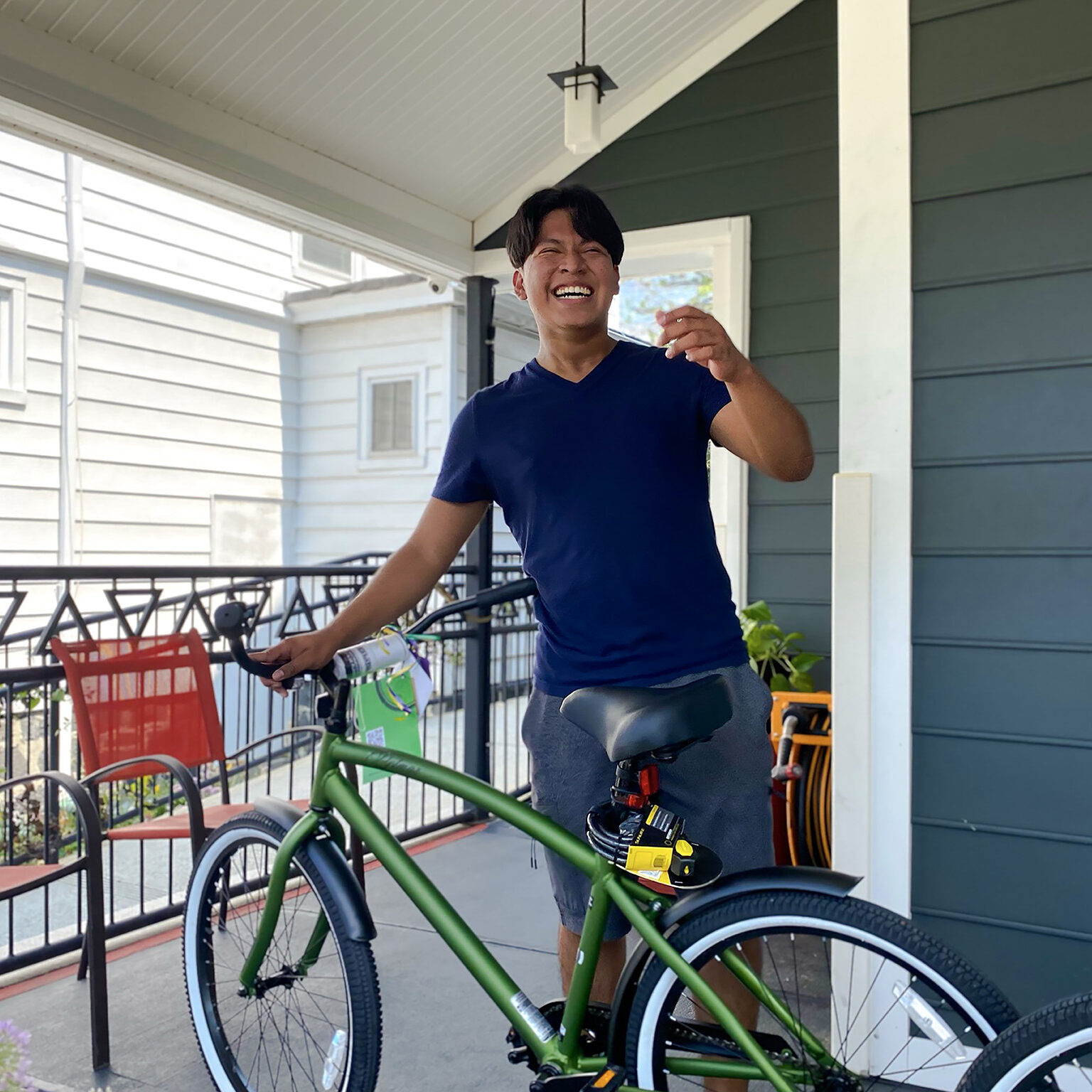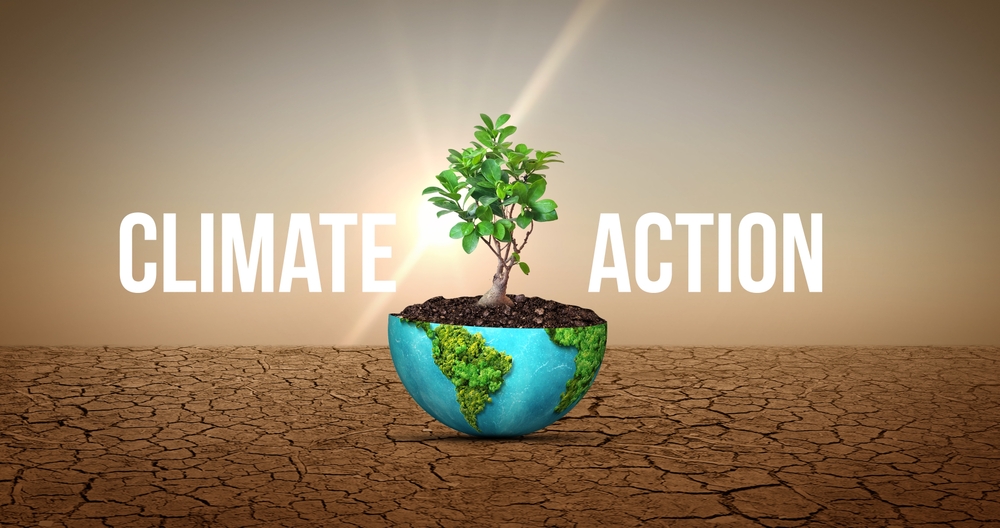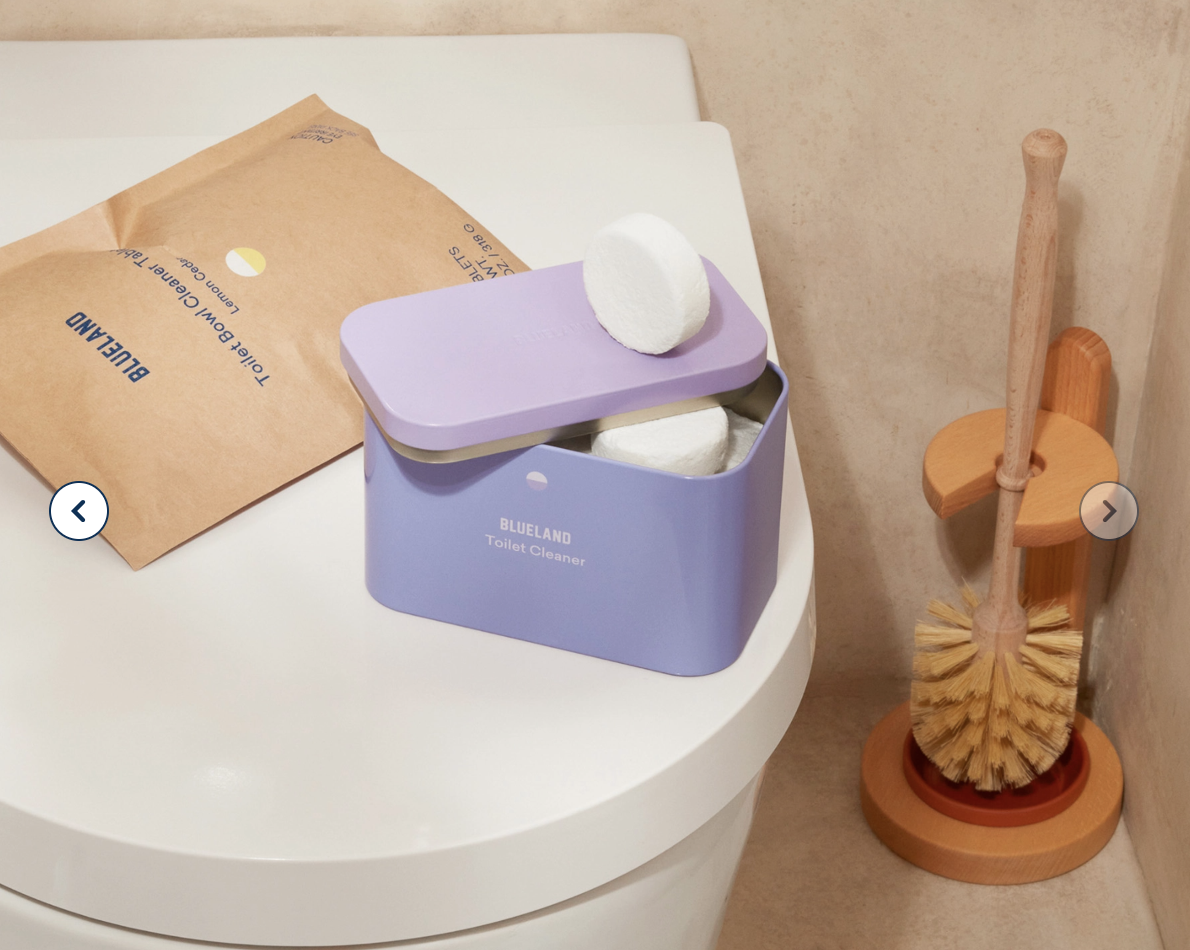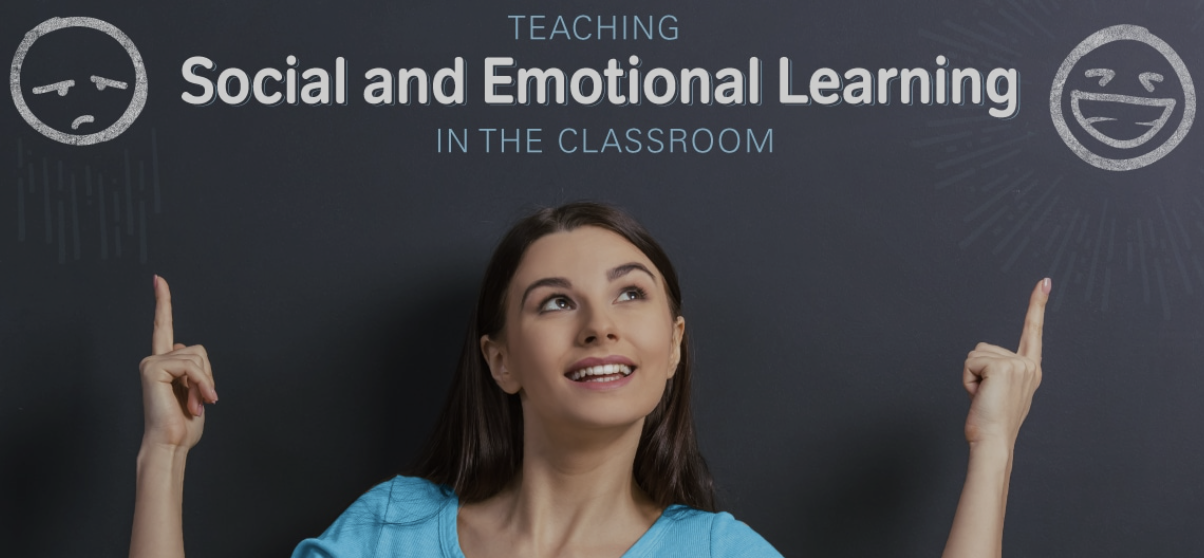Students Credit PIPs for Increased Sense of Agency

“My parents have dreams for us, like getting a college degree, that they weren’t able to achieve themselves,” explains a Business, Tech, and Fashion Major at NYC College of Technology. “I want to show them that their sacrifices were worth it.”
This student is one of 26 with financial need selected to be PIPs for School (P4S) Scholars. P4S Scholars take part in an innovative action-study program that provides students a means by which to advance their education AND better the world.
To be eligible, Scholars must be in college or be a college-bound high school junior or senior. Once selected, they get custom access to the PIPs Rewards™ App, an action motivation and tracking platform which offers them multiple “touch points” through which personal responsibility — whether it’s biking, recycling, volunteering, or helping out in one’s home or neighborhood — is recognized and rewarded. Scholars have 12 months to earn up to 100,000 Positive Impact Points or PIPs — equal to $1,000 in grants that are paid directly to their school accounts — and can renew for consecutive years, as long as they are enrolled in a college, university, or trade school (as you may know, just $1,000 in unpaid debt has been enough to force nearly half of all college students to drop out).
The PIPs App combines smart tech tools and behavioral strategies to empower students, motivating them to be responsible members of their community and helping them to see the difference their actions can make in the world. Their actions do in fact add up. To date, students in P4S programs have taken over 300,000 positive actions and unlocked over $65,000 in scholarship grants. As an added benefit, many actions reduce carbon emissions, resulting thus far in 560,000 pounds of carbon being saved.
Drawing awareness to the impact of one’s actions is a powerful driver of habit change. “When you become conscious of what you are doing [and] the impact it has,” notes another P4S Scholar, an Economics and Business Major at Queens College in Flushing, “it motivates you to keep on doing it.”
Then, as with regular exercise or a good diet, a P4S Scholar and Nursing Major at Long Island University explains, “muscle memory” kicks in, and “you just do it, without thinking. … It becomes second nature.”
The Scholars’ observations are backed up by the findings of a recent survey conducted of 550 student-participants in the P4S program in Colorado. A healthy 40% responded, and over 60% of them said they’d been steadily engaging with PIPs for three or more semesters — now that’s sustained engagement. Then, when asked whether they had come to internalize these PIPs-driven habits since they first started the program, three out of four respondents said “yes.”
Perhaps most importantly, P4S is changing students’ sense of their own agency. When asked whether they believe that engagement with PIPs made them more aware of the importance of their actions in the world around them, 78% of survey respondents said that they either strongly agree or agree.
“PIPs is about developing and growing as a person,” a P4S Scholar at The City College of New York observes. “It’s about being more open, being more aware that there are problems in the world and [that] we have the solution. We have the power to change things.”
P4S Scholars is a program of PIPs Education Fund (PEF), a nonprofit organization whose charitable purpose is to help bridge the education equity gap by turning student engagement in personal, community, and planetary action into funds for school. The program is implemented in partnership with local host NGOs who help to identify the Scholar cohort and local actions for which Scholars can be awarded. The anti-poverty organization RIVER FUND NY is our Host Partner for our 26 NYC-based Scholars.
Interested in supporting the P4S Scholars program? Click on Donate button at top of page.
Wendy Gordon
President and Founder, PIPs Education Fund
November 18, 2021


